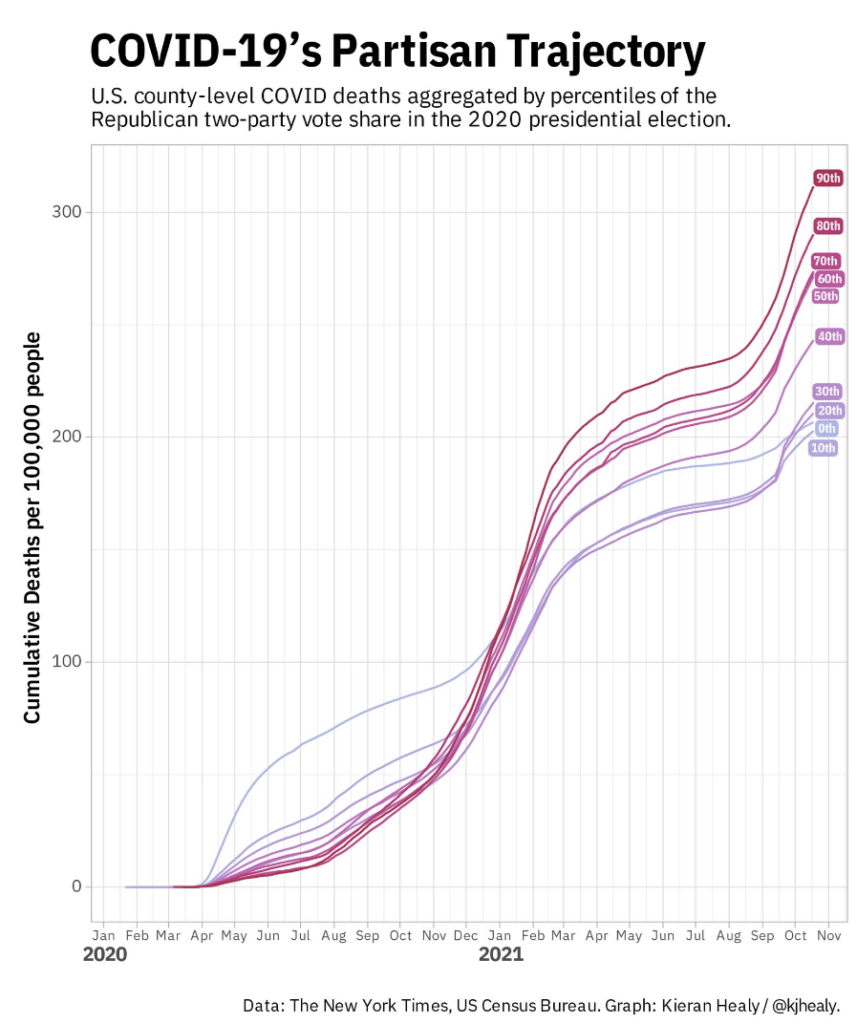Fun with Schopenhauer
Here are some quotes from The World as Will and Representation:
If I were to call to mind the way in which Hegel and his companions have misused such wide and empty abstractions, I should necessarily be afraid that both the reader and I would be ill, for the most sickening and loathsome tediousness hangs over the empty bombast of this repulsive philosophaster.
I feel the same way about MMT.
In volume one I regarded it as superfluous to illustrate this theory by examples, as everyone can easily do this for himself by reflecting a little on the cases of the ludicrous which he calls to mind. However, to come to the aid of the mental inertness of those readers who always prefer to remain in a passive state, I will meet their wishes here.
Yes, nothing worse than lazy readers.
In general, I make the demand that whoever wishes to make himself acquainted with my philosophy shall read every line of me.
I feel the same way. And on the same page he ridicules those who will have the nerve to criticize him without being fully informed:
[W]hoever wants to learn from me and to understand me must not read unread anything that I have written.Yet without this people can criticize and condemn me, as experience has shown; and for this also I further wish them much pleasure.
Once I start tweeting, I’ll demand that people read all my tweets before commenting on any one of them.
(At first, Schopenauer’s personality flaws seemed sort of ridiculous to me. Then I began wondering how many I share.)
Is this the least romantic paragraph ever written?
If, from the standpoint of this last consideration, we now contemplate the bustle and turmoil of life, we see everyone concerned with its cares and troubles, exerting all his strength to satisfy infinite needs and to ward off suffering in many forms, yet without daring to hope for anything else in place of it except just the preservation of this tormented existence for a short span of time. In between, however, we see in the midst of the tumult the glances of two lovers meet longingly: yet why so secretly, nervously, and furtively? Because these lovers are the traitors who secretly strive to perpetrate the whole trouble and toil that would otherwise rapidly come to an end. Such an end they try to frustrate, as other like them have frustrated it previously.
And some people think I’m a pessimist.
Schopenhauer has a chapter on homosexuality, a subject on which he seems to be unusually ill-informed. He eventually concludes that while it is a “disgusting depravity”, it is also a necessary evil that helps to preserve the species. The chapter itself is of little interest, but the conclusion is amusing:
Finally, by expounding the paradoxical ideas, I wanted to grant the professors of philosophy a small favor, for they are very disconcerted by the ever-increasing publicization of my philosophy which they so carefully concealed. I have done so by giving them the opportunity of slandering me by saying that I defend and commend pederasty.
I am equally generous. My China posts give my readers the opportunity to slander me with claims of sympathy for the CCP.
And finally, for those of you who wonder what our future AI overlords have in mind, Schopenauer has an answer:
It is a deduction from what has been said that we have no ground for assuming that there are even more perfect intelligences than those of human beings. For we see that this intelligence is already sufficient for imparting to the will that knowledge in consequence of which the will denies and abolishes itself. With this knowledge, individuality, and therefore intelligence, as being merely a tool of individual nature, of animal nature, cease. To us this will appear less objectionable when we consider that we cannot conceive even the most perfect possible intelligences, which we may tentatively assume for this purpose, as indeed continuing to exist throughout an endless time, a time that would prove to be much too poor to afford them constantly new objects worthy of them. Thus, because the inner essence of all things is at bottom identical, all knowledge of it is necessarily tautological. If this inner essence is once grasped, as it soon would be by those most perfect intelligences, what would be left for them but mere repetition and its tedium throughout endless time? Thus, even from this point of view, we are referred to the fact that the aim of all intelligence can only be reaction to a will; but since all willing is error, the last work of intelligence is to abolish willing, whose aims and ends it had hitherto served. Accordingly, even the most perfect intelligence possible can be only a transition stage to that which no knowledge can ever reach; in fact, such an intelligence, in the nature of things, can take only the place of the moment of attained, perfect insight.
What if a future AI decides that Schopenauer is right, that life is not worth living? And we program it to maximize aggregate human utility? Would this be a good thing?
I guess the answer depends on whether they are in fact correct.
Have a nice day!


